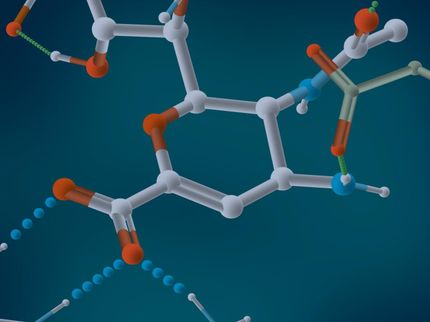Alpharadin Significantly Improves Overall Survival for Patients with Castration-Resistant Prostate Cancer and Symptomatic Bone Metastases
Advertisement
Algeta ASA announced results from the phase III ALSYMPCA study with the investigational agent Alpharadin (radium-223 chloride). The study met its primary endpoint by significantly improving survival by 44% [hazard ratio (HR)=0.695; p=0.00185] in patients with castration-resistant (hormone-refractory) prostate cancer and symptomatic (painful) bone metastases. All of the main secondary endpoints were met. The ALSYMPCA study accrued 922 patients
The results of this international, double-blind, randomized, placebo-controlled phase III clinical trial was presented during the Presidential Session I: Best and Late-Breaking Abstracts at 2011 European Multidisciplinary Cancer Congress (EMCC) in Stockholm, Sweden. The phase III data showed that patients treated with Alpharadin had the following outcome:
- A median overall survival of 14 months compared to 11.2 months for the placebo group,
- Median time to first skeletal-related event (SRE) of 13.6 vs. 8.4 months (64% improvement, HR=0.610, p=0.00046),
- Total alkaline phosphatase (ALP) normalization in 32.9% of patients taking Alpharadin vs. 0.9% of patients on placebo (p<0.001); and
- A 49% improvement in time to prostate-specific antigen (PSA) progression (HR=0.671, p=0.00015).
- Total ALP response, defined as a 30% reduction from baseline, was seen in 43% of patients treated with Alpharadin vs. 3% in patients in the placebo group (p<0.0001).
Alpharadin's safety profile was consistent with results from the phase I and II studies; the most common adverse events were nausea (34% on Alpharadin and 32% on placebo), diarrhea (22% and 13%, respectively), constipation (18% and 18%, respectively) and vomiting (17% and 13%, respectively). The incidence of grade 3 or 4 neutropenia was 2% on Alpharadin and 1% on placebo. Bone pain was less common on Alpharadin (43% vs. and 58% on placebo) and the overall incidence of adverse events and serious adverse events was lower with Alpharadin than placebo, consistent with results from phase II studies. This safety profile shows that Alpharadin has a highly favorable therapeutic ratio when used to treat patients with bone metastases and CRPC.
"These data are significant because they demonstrate that Alpharadin can prolong life in patients with castration-resistant prostate cancer (CRPC) and bone metastases" said Dr. Chris Parker of the ICR and Royal Marsden Hospital, London, and principal investigator of ALSYMPCA. "These results and previous study findings suggest that Alpharadin, a novel alpha-pharmaceutical, may provide a new standard of care for the treatment of castration-resistant prostate cancer patients with bone metastases."
Algeta's worldwide development and commercial partner, Bayer Pharma AG (Bayer), plans to file marketing applications for Alpharadin with regulatory authorities in the U.S. and Europe based on these data in mid-2012. If approved, Alpharadin will be commercialized and distributed globally by Bayer. Under the terms of the September 2009 agreement between Algeta and Bayer, Algeta has an option for up to 50/50 co-promotion and profit-sharing in the USA.




















































